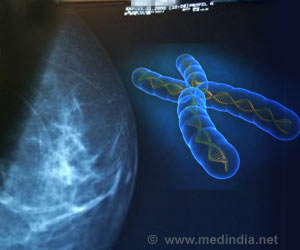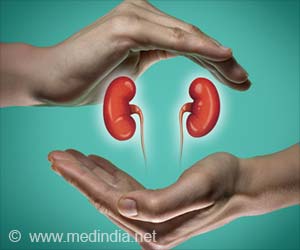Diet that triggers chronic inflammation as adolescents or young adults increases risk for premenopausal breast cancer.
Highlights
- Numerous risk factors have been identified for breast cancer including genetic predisposition, demographics, and lifestyle.
- New findings have revealed that a habitual diet during adolescent/early adulthood that promotes chronic inflammation may be another risk factor for breast cancer.
- It is therefore important to consume a diet rich in vegetables, fruit, whole grains, nuts, seeds, and legumes especially during the period of rapid development of mammary gland.
Study
For this study, researchers used data from 45,204 women enrolled in the Nurses’ Health Study II.
These women had completed a food frequency questionnaire about their diet during high school in 1998, when they were ages 33-52.
Adult diet was assessed first using a food frequency questionnaire in 1991, when participants were ages 27-44, and then every four years after that.
During 22 years of follow-up, 870 of the women who completed the high school food frequency questionnaire were diagnosed with premenopausal breast cancer and 490 were diagnosed with postmenopausal breast cancer.
Those with the highest score group had a 35% higher risk for premenopausal breast cancer relative to those in the lowest score group.
When the same analysis was done based on early adulthood diet, those in the highest inflammatory score group had a 41% higher risk for premenopausal breast cancer relative to those in the lowest score group.
"Our results suggest that a habitual diet that promotes chronic inflammation when consumed during adolescence or early adulthood may indeed increase the risk of breast cancer in younger women before menopause," said Michels.
"About 12% of women in the United States develop breast cancer in their lifetimes," she added. "However, each woman’s breast cancer risk is different based on numerous factors, including genetic predisposition, demographics, and lifestyle. Our study suggests that a habitual adolescent/early adulthood diet that promotes chronic inflammation may be another factor that impacts an individual woman’s risk."
"During adolescence and early adulthood, when the mammary gland is rapidly developing and is therefore particularly susceptible to lifestyle factors, it is important to consume a diet rich in vegetables, fruit, whole grains, nuts, seeds, and legumes and to avoid soda consumption and a high intake of sugar, refined carbohydrates, and red and processed meats," Michels noted.
The study was published in Cancer Epidemiology, Biomarkers & Prevention, a journal of the American Association for Cancer Research.
Reference
- Karin B. Michels et al. An Adolescent and Early Adulthood Dietary Pattern Associated with Inflammation and the Incidence of Breast Cancer. Cancer Epidemiology, Biomarkers & Prevention; (2017) DOI: 10.1158/0008-5472.CAN-16-2273
Source-Medindia
















